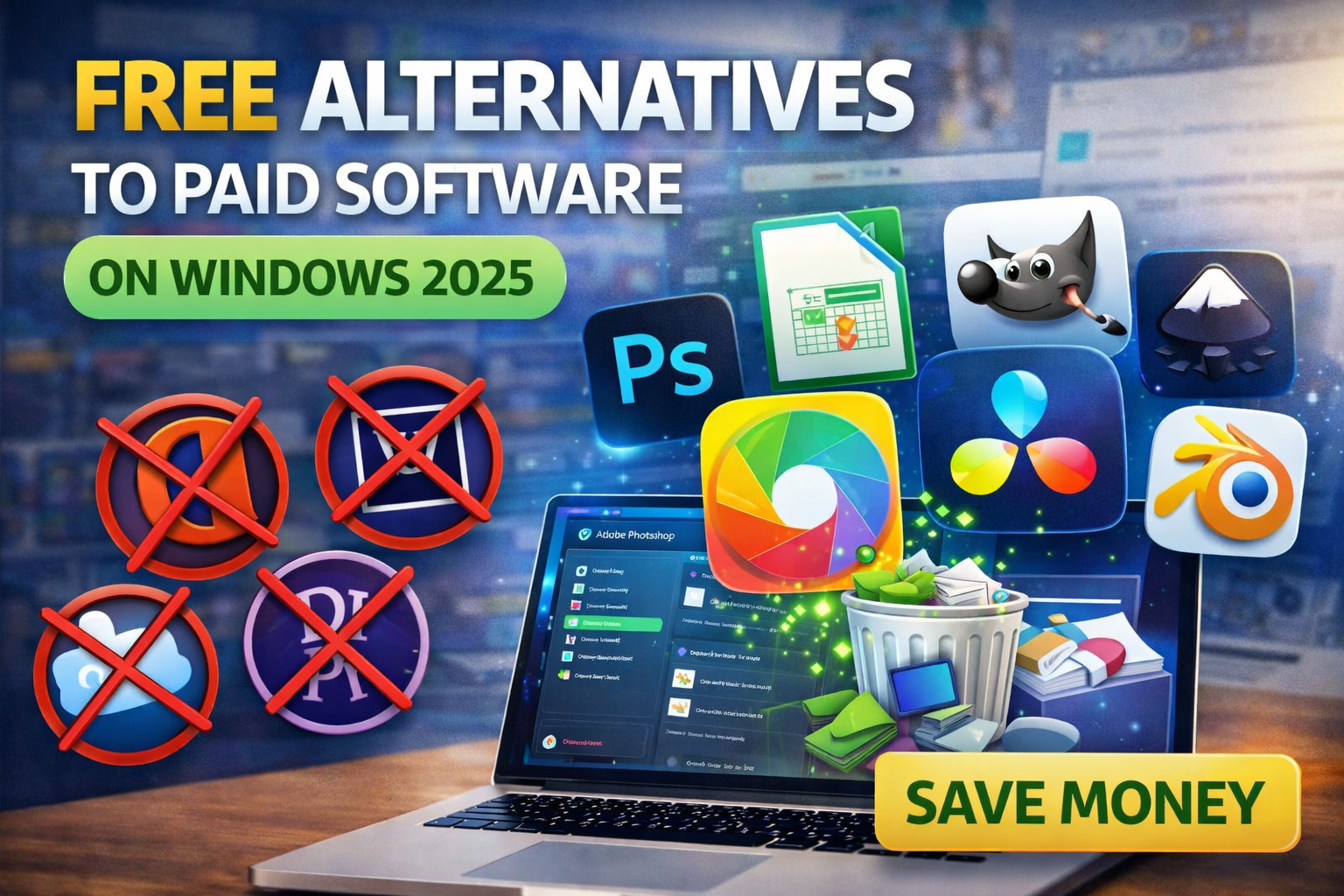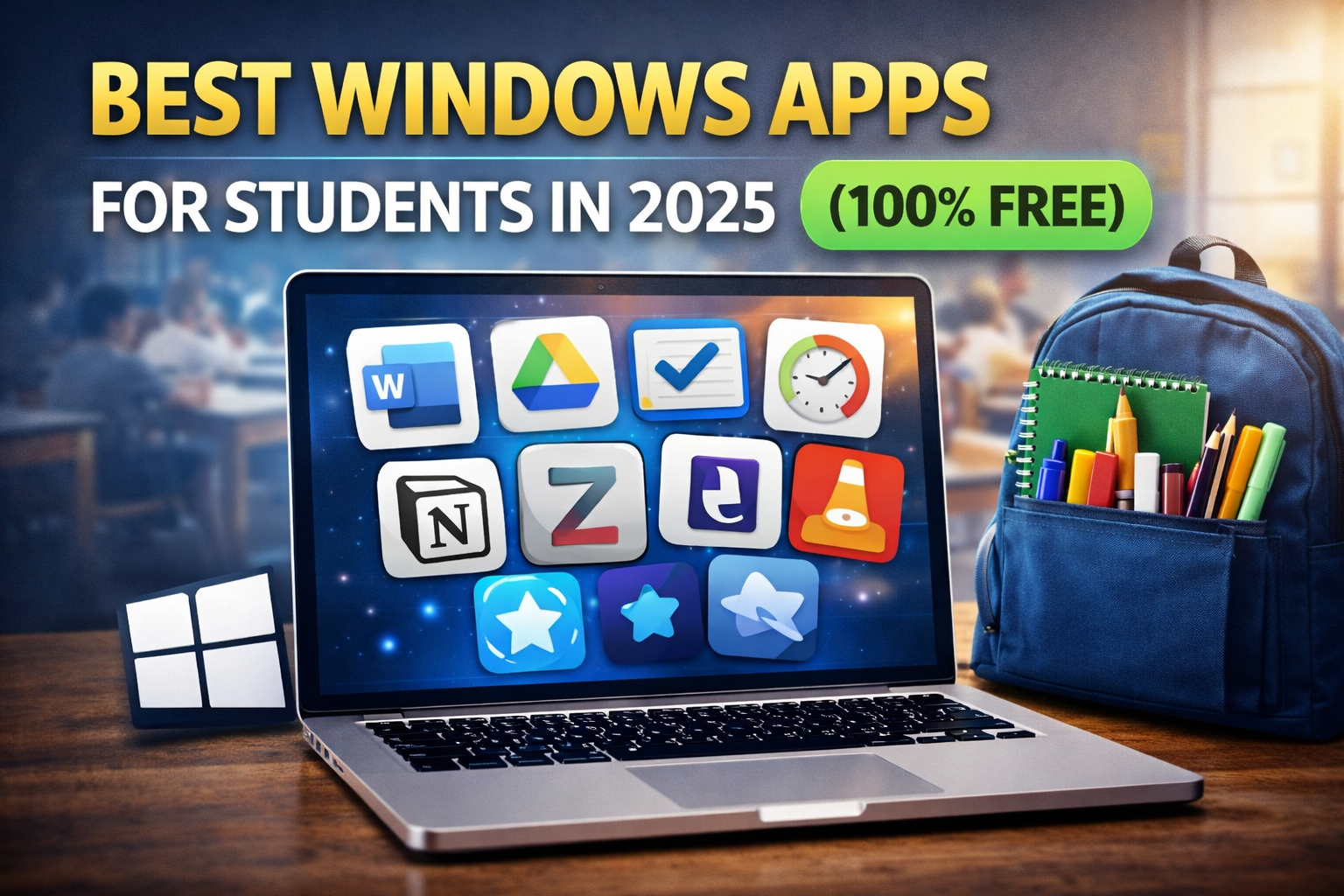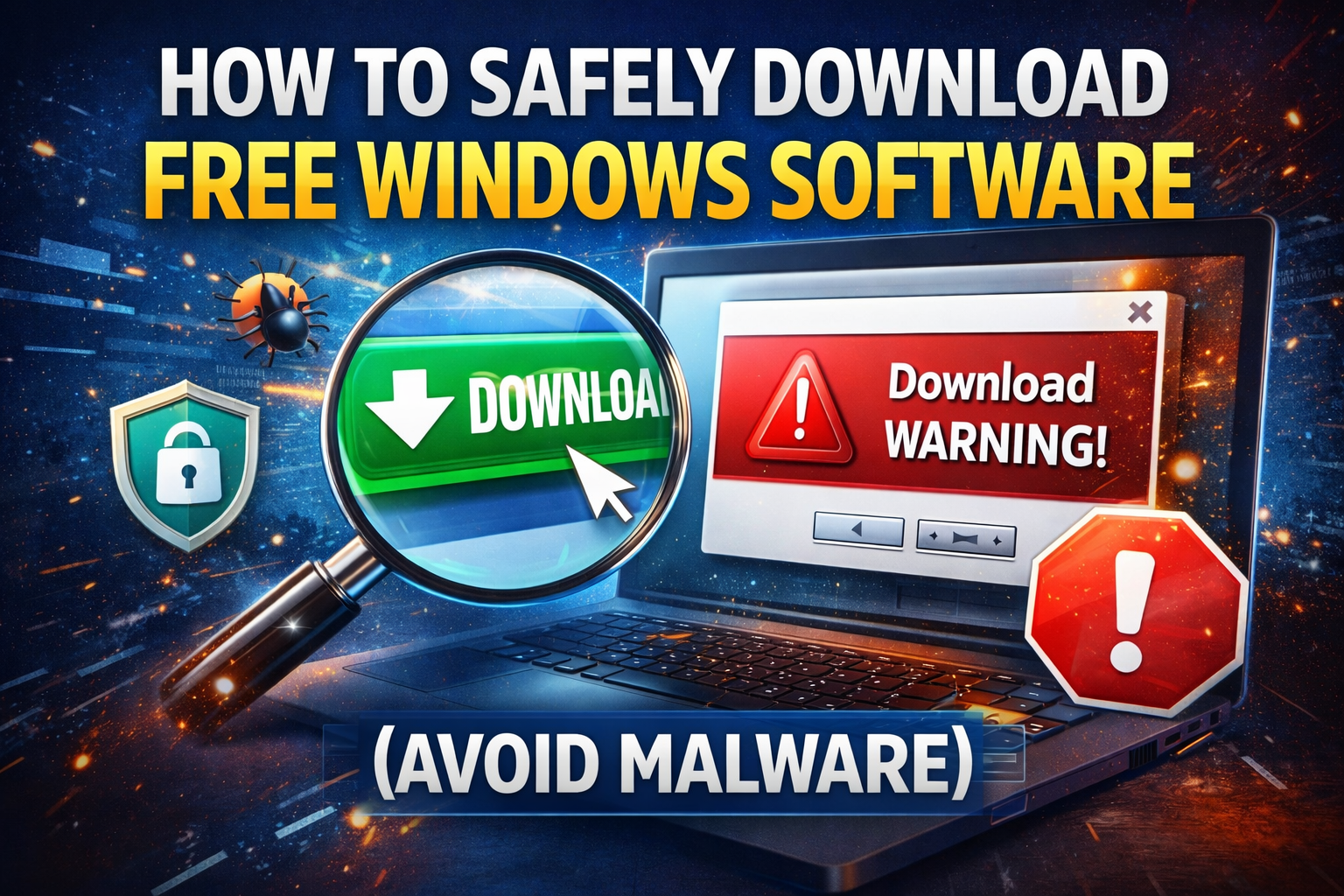

Additional Information
Test, Develop, and Demonstrate Across Multiple Platforms on one Machine
| Version | VirtualBox 7.1.0 Build 164728 |
| Requirements |
Windows 7/Windows 8/Windows 10/Windows 11 |
| Updated | September 13, 2024 |
| Author | Oracle |
| Category | Developer Tools |
| License | Open Source |
| Language | English |
| Download | 806 |
Overview
Oracle VM VirtualBox allows users to run nearly any operating system on a single machine and to freely switch between OS instances running simultaneously. The app is a general-purpose full virtualizer for x86 and AMD64/Intel64 hardware, targeted at server, desktop, and embedded use. Not only is Virtual Box an extremely feature-rich, high-performance product for enterprise customers, it is also the only professional solution that is freely available as Open Source Software. Run macOS on Windows for Free with VirtualBox today!
Some of the new features of Oracle VM VirtualBox are:
Paravirtualization support for modern Windows and Linux guests
It is able to expose a paravirtualization interface to facilitate accurate and efficient execution of software. Once the virtual machine platform is defined, Oracle VM VirtualBox improves guest OS performances by leveraging built-in virtualization support (KVM on Linux guests and Hyper-V on Windows guests).
xHCI controller to support USB 3.0 devices
Guest operating systems are now able to directly recognize USB 3.0 devices and operate at full 3.0 speeds. Guests can now be configured to use USB 1.1, 2.0, and 3.0 devices.
Improved Drag & Drop support
Starting from Oracle VM Virtual Box improved the support of a bi-directional drag&drop between guest and host operating system; drag and drop support is available with the latest guest-additions installed.
Disk image encryption
Oracle VM Virtual Box allows for encrypted virtual disk images by leveraging the AES algorithm in XTS mode (128-bit or 256-bit); since the DEK is stored as part of the virtual machine configuration file, encryption introduces a further security feature that will ask for a password while starting the virtual machine.
Headless and Detachable start options
It now supports starting virtual machines in the background with a separate front-end process that can be closed while the virtual machine continues to work.
Note: To extend VirtualBox capabilities it's recommended to download and install VirtualBox Extension Pack.
Some of the new features of Oracle VM VirtualBox are:
Paravirtualization support for modern Windows and Linux guests
It is able to expose a paravirtualization interface to facilitate accurate and efficient execution of software. Once the virtual machine platform is defined, Oracle VM VirtualBox improves guest OS performances by leveraging built-in virtualization support (KVM on Linux guests and Hyper-V on Windows guests).
xHCI controller to support USB 3.0 devices
Guest operating systems are now able to directly recognize USB 3.0 devices and operate at full 3.0 speeds. Guests can now be configured to use USB 1.1, 2.0, and 3.0 devices.
Improved Drag & Drop support
Starting from Oracle VM Virtual Box improved the support of a bi-directional drag&drop between guest and host operating system; drag and drop support is available with the latest guest-additions installed.
Disk image encryption
Oracle VM Virtual Box allows for encrypted virtual disk images by leveraging the AES algorithm in XTS mode (128-bit or 256-bit); since the DEK is stored as part of the virtual machine configuration file, encryption introduces a further security feature that will ask for a password while starting the virtual machine.
Headless and Detachable start options
It now supports starting virtual machines in the background with a separate front-end process that can be closed while the virtual machine continues to work.
Note: To extend VirtualBox capabilities it's recommended to download and install VirtualBox Extension Pack.
Previous versions More »
7.1.0 164728
September 13, 2024
106 MB
7.0.20 163906
July 18, 2024
105 MB
7.0.18 162988
May 05, 2024
105 MB
7.0.16 162802
April 18, 2024
106 MB
7.0.14 161095
January 18, 2024
106 MB
7.0.12 159484
October 18, 2023
106 MB










No comments yet. Be the first to comment!